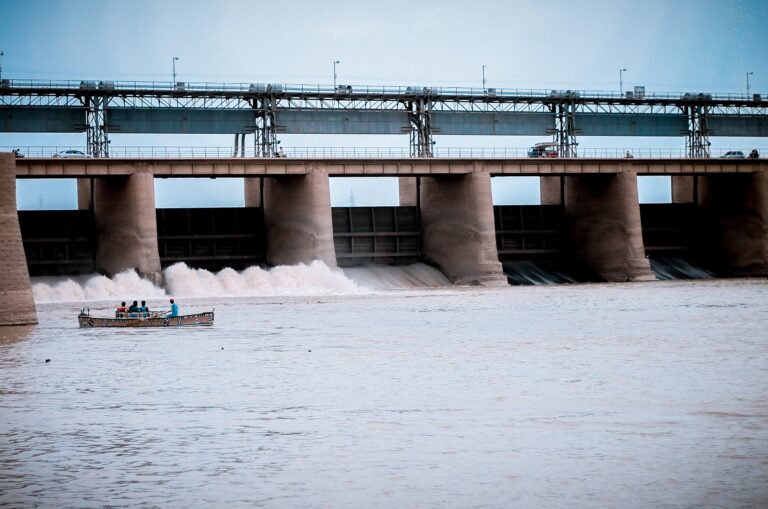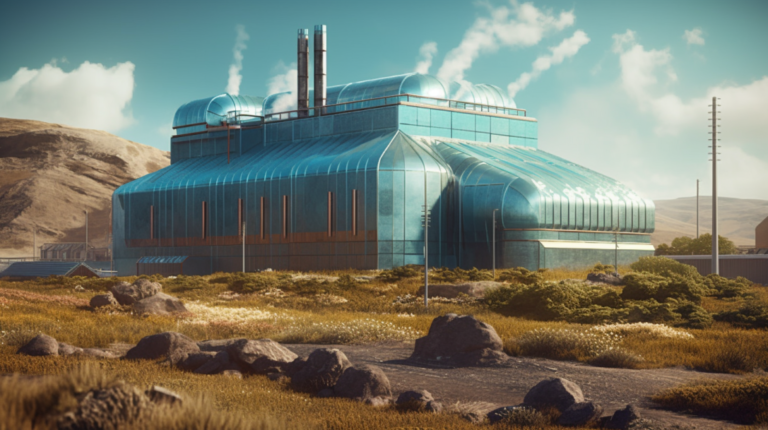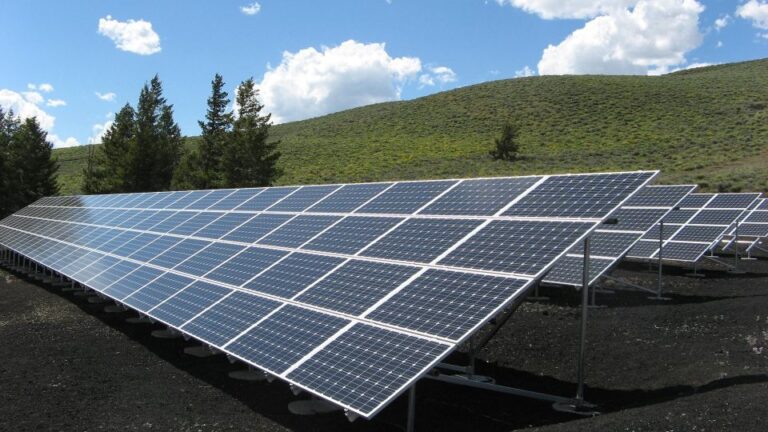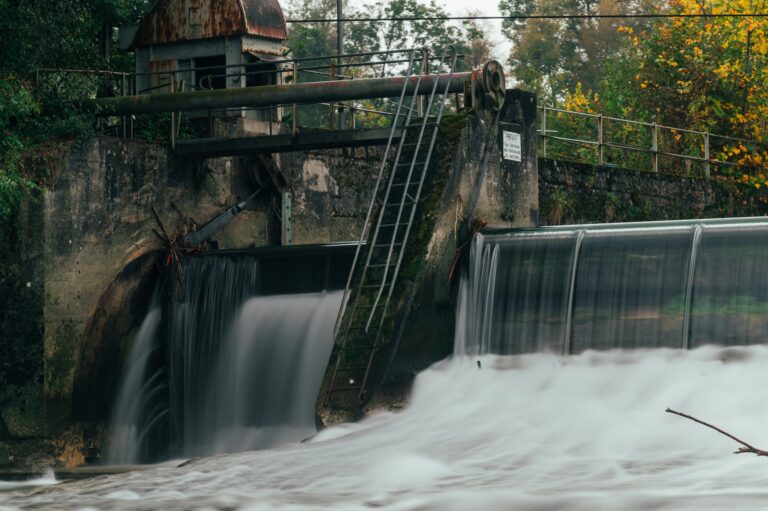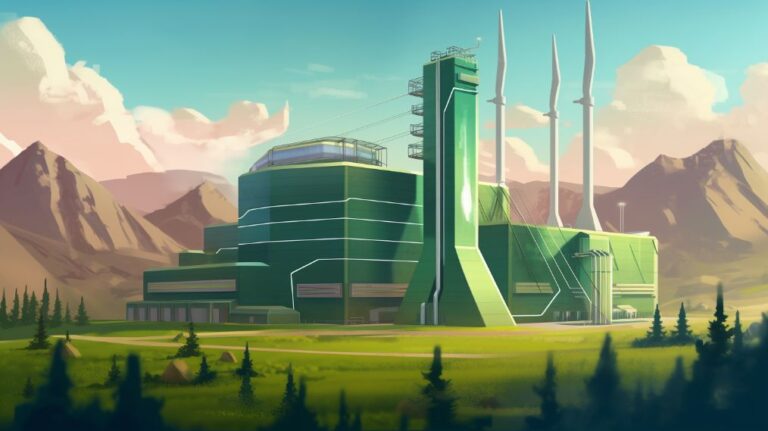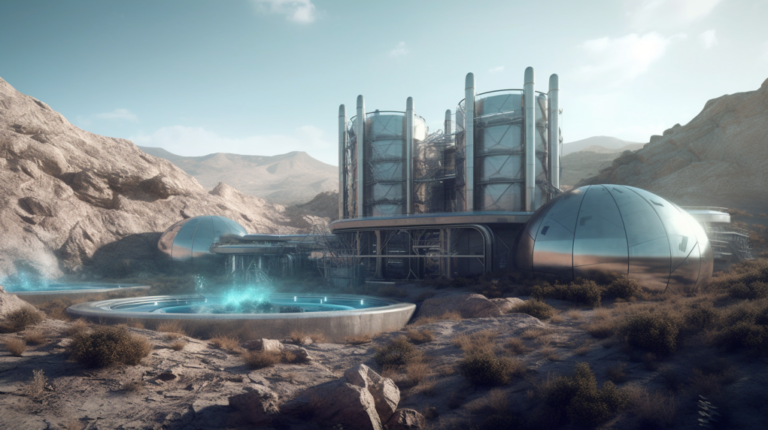The Pros and Cons of Hydro Energy: Is it Right for You?
Hydro energy is a type of sustainable energy that generates electricity by harnessing the force of water. It has been used for millennia as a pure and renewable form of energy. The movement of water generates hydro energy, which is used to spin turbines that produce electricity.
As we try to decrease our dependence on fossil fuels and combat climate change, renewable energy sources such as hydro energy are becoming increasingly essential. Renewable energy sources, unlike fossil fuels, do not emit toxic emissions that add to global warming and atmospheric pollution.
The goal of this piece is to investigate the advantages of hydro energy and its potential for meeting our energy requirements in a safe manner. We will talk about the benefits and drawbacks of hydro energy, as well as its part in the shift to a low-carbon economy.
Table of Contents
Pros of Hydro Energy
Hydro energy is a pure and renewable form of energy that has grown in prominence in recent years. It is a type of energy produced by the flow of water that has several benefits over other types of energy. In this piece, we’ll look at the benefits of hydro energy and why it’s a viable option to traditional energy sources.
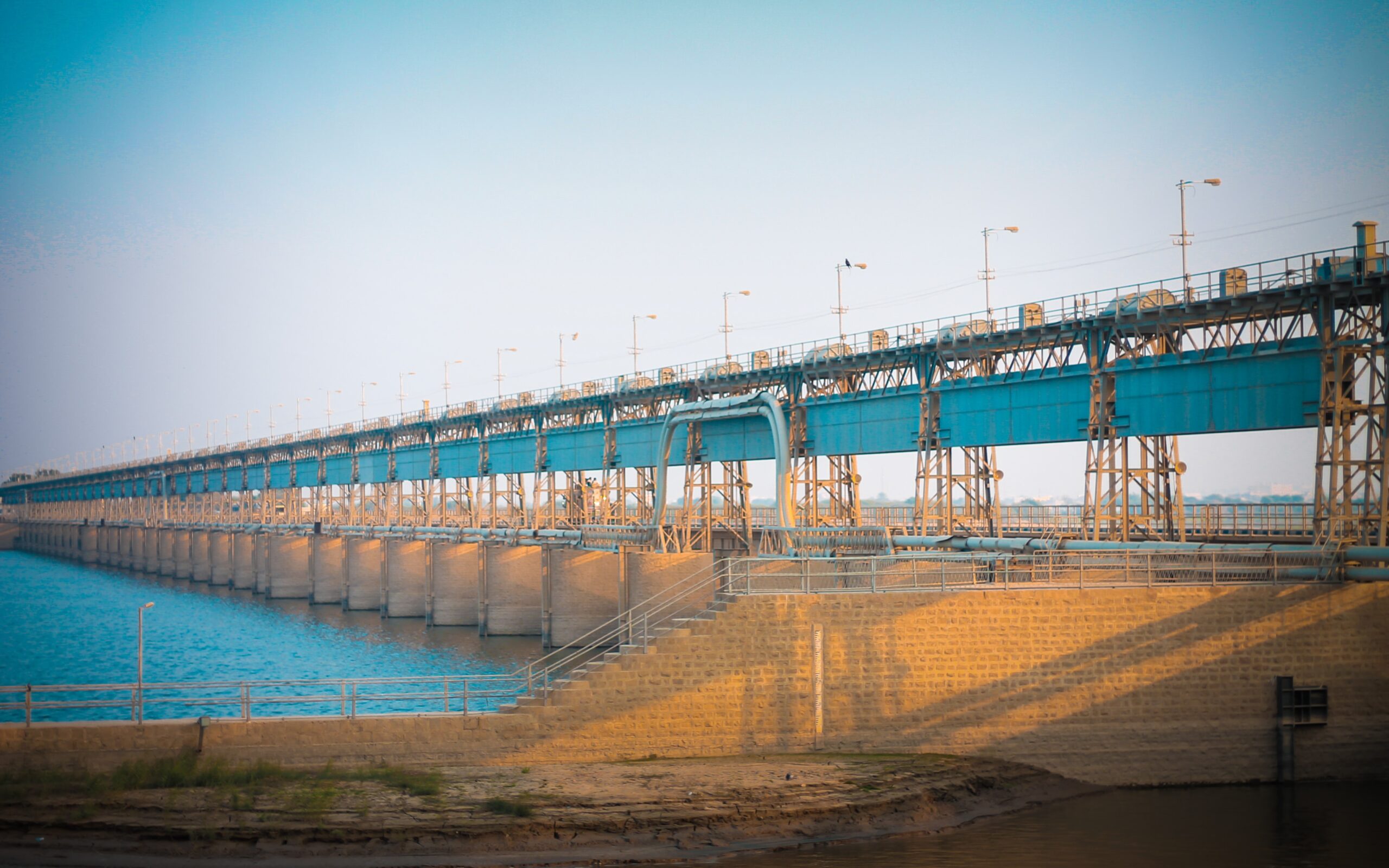
One of the most significant benefits of hydro energy is that it is a clean and renewable form of energy. In contrast to fossil fuels, which release harmful toxins into the environment, hydro energy emits no harmful pollution. As a result, it is an ecologically friendly method of producing energy.
Another benefit of hydro electricity is its long-term cost-effectiveness. While the cost of constructing a hydroelectric power plant can be expensive, the cost of producing electricity from hydro energy is comparatively cheap. This is due to the fact that the energy supply is free and the maintenance expenses are negligible. This makes hydro energy an excellent choice for nations seeking to decrease their reliance on fossil fuels while saving money in the long run.
Hydro energy is also a dependable and constant supply of energy. Unlike solar and wind energy, which are affected by weather, hydro energy can be produced on a constant basis throughout the year. This makes it an excellent choice for nations that require a consistent supply of energy to power their homes and enterprises.
Hydro energy can be used for a variety of reasons, including irrigation and flood management. Hydro energy can be used to irrigate crops and provide water for animals in regions where water is limited. Hydro energy can be used to regulate the flow of water and avoid harm to houses and companies in flood-prone regions.
Finally, hydro energy can be combined with other sustainable energy sources such as sun and wind. This enables nations to broaden their energy sources while decreasing their reliance on fossil fuels. Countries can build a more sustainable and dependable energy system by merging various types of green energy.
To summarize, hydro energy is a fantastic option to conventional energy sources. It is a clean and renewable energy source that is long-term cost-effective, dependable and constant, and can be used for a variety of reasons. Countries can build a more viable and dependable energy system that benefits both the environment and the business by merging hydro energy with other green energy sources.
The Cons of Hydro Energy
Hydro energy is a sustainable form of energy that is produced by the movement of water. While hydro energy has many advantages, such as being a pure and sustainable form of energy, it also has several disadvantages. In this essay, we will look at some of the disadvantages of hydro electricity.
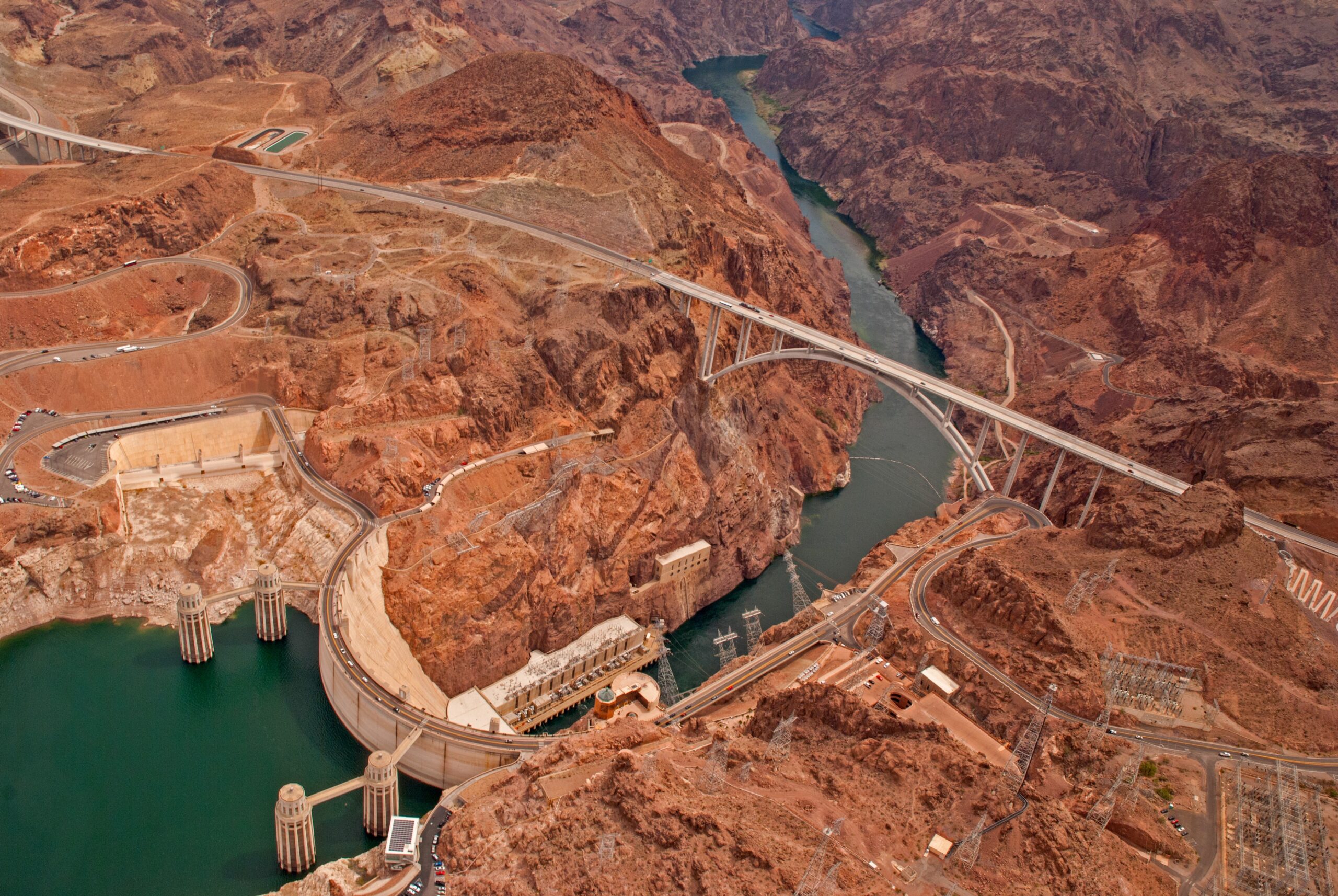
The effect of the environment on aquatic habitats
One of the most serious worries about hydropower is its effect on aquatic environments. Hydroelectric dams can interrupt the normal movement of waterways and streams, harming fish numbers and other aquatic life. Dams can also cause sediment accumulation, which can impact water purity and marine ecosystem health.
High initial building and maintenance expenses
Another disadvantage of hydro energy is the expensive initial cost of constructing and keeping hydroelectric dams. The construction of a dam can be a complicated and costly procedure, with substantial continuing maintenance expenses. Because of these expenses, hydro energy may be less appealing to investors and governments, particularly when compared to other green energy sources such as wind and solar.
Limited supply of appropriate hydropower dam sites
Another issue with hydro energy is the scarcity of appropriate sites for hydroelectric facilities. Dams require a large quantity of water flow to produce electricity, so they can only be constructed in certain areas. This may restrict hydro energy’s promise as a widespread form of renewable energy.
Responsibility to weather trends and water levels
Weather trends and water levels are also important factors in hydro electricity. Droughts and other weather events can reduce the amount of water that flows through a dam, reducing the amount of energy that can be produced. As a result, hydro energy may be less dependable than other renewable energy sources such as wind and sun.
Potential for local community relocation
Finally, hydroelectric dam building can have a major effect on local populations. Dams have the potential to flood vast areas of land, displacing local populations and disrupting their way of life. These communities may face social and economic obstacles that are tough to surmount.
To summarize, while hydro energy has many advantages, there are several disadvantages to using this sustainable energy source. These include the environmental effect on aquatic habitats, expensive upfront building and upkeep costs, a scarcity of appropriate hydroelectric dam sites, reliance on weather patterns and water levels, and the possibility for displacement of local populations. As we continue to investigate renewable energy sources, it is critical to weigh the benefits and drawbacks of each choice to ensure that we make educated decisions about our energy future.
Is Hydro Energy Right for You?
Hydro energy is a sustainable energy source that generates electricity by harnessing the force of water. There are several things to consider when contemplating hydro energy for your energy requirements.
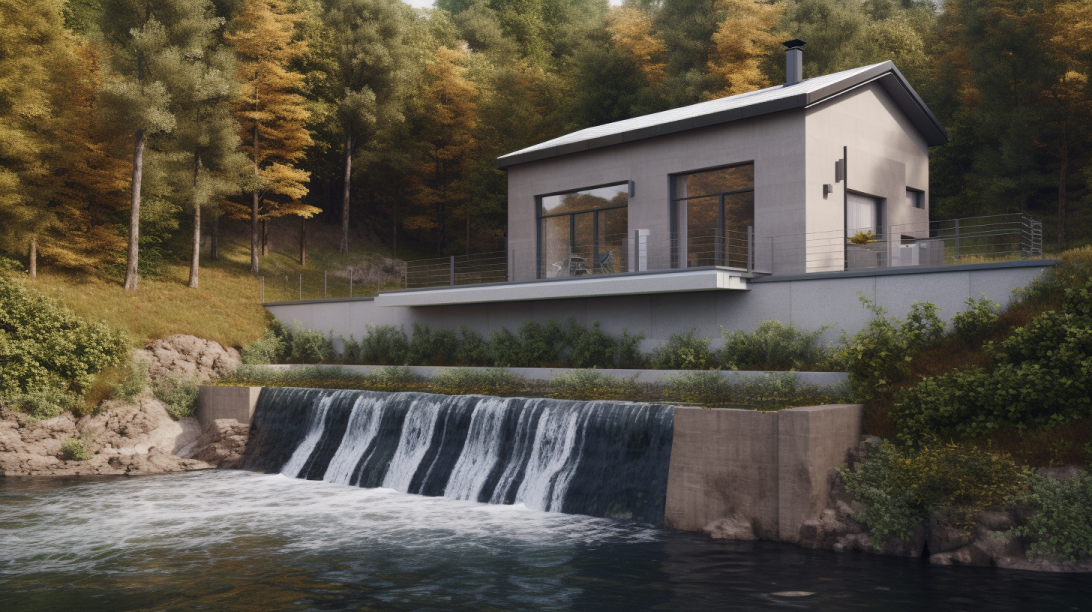
When it comes to water electricity, location is everything. To produce energy, you must have a close water supply, such as a river or a stream. If you reside in a dry climate, hydro electricity may not be the best choice for you.
Another thing to think about is your electricity requirements. Hydro energy is appropriate for corporate and commercial use because it is optimal for large-scale energy generation. However, if you only need a small amount of energy, water energy may not be the best option for you.
The environmental effect is also an essential factor to consider. While hydro energy is a pure and sustainable energy source, it has a major environmental effect. The construction of a hydroelectric dam can disrupt the normal movement of water and have an impact on the environment.
One of the most effective and dependable renewable energy sources accessible is hydro energy. It is more reliable than solar or wind electricity, which are influenced by weather. Hydro energy, on the other hand, is less broadly accessible than solar or wind energy, which can be installed almost anywhere.
Final Thoughts and Recommendations
Hydro energy is a feasible choice for those who reside in regions with abundant water and high energy demands. However, the environmental effect of hydro energy must be considered in comparison to other sustainable energy sources. If you are thinking about using hydro energy, it is best to confer with an expert to see if it is the best choice for you.
Last Words
As a sustainable energy source, water energy has both advantages and disadvantages. On the one hand, it is a pure and dependable form of energy capable of producing power while releasing no greenhouse gases or other pollutants. It is also a versatile energy source that can be used to satisfy peak demand while also storing surplus energy for later use. Hydro energy, on the other hand, can have detrimental environmental consequences, such as changing waterway ecosystems and displacing local populations. It is also costly to construct and keep, and its supply is influenced by floods and other weather conditions.
Despite these obstacles, hydro energy remains a potential renewable energy source that should be studied and examined further. As the world continues to move toward a low-carbon economy, hydro energy can help us fulfill our energy requirements while lowering our carbon impact. However, before investing in new projects, it is critical to thoroughly evaluate the benefits and drawbacks of hydro energy, as well as its effects on the environment and local populations.
As a result, we advocate for additional study and evaluation of hydro energy as a sustainable energy source. Governments, companies, and people should collaborate to investigate the potential of hydro energy and create sustainable ways to mitigate its negative effects. By doing so, we can contribute to the development of a more sustainable and robust energy system that helps both people and the environment.

